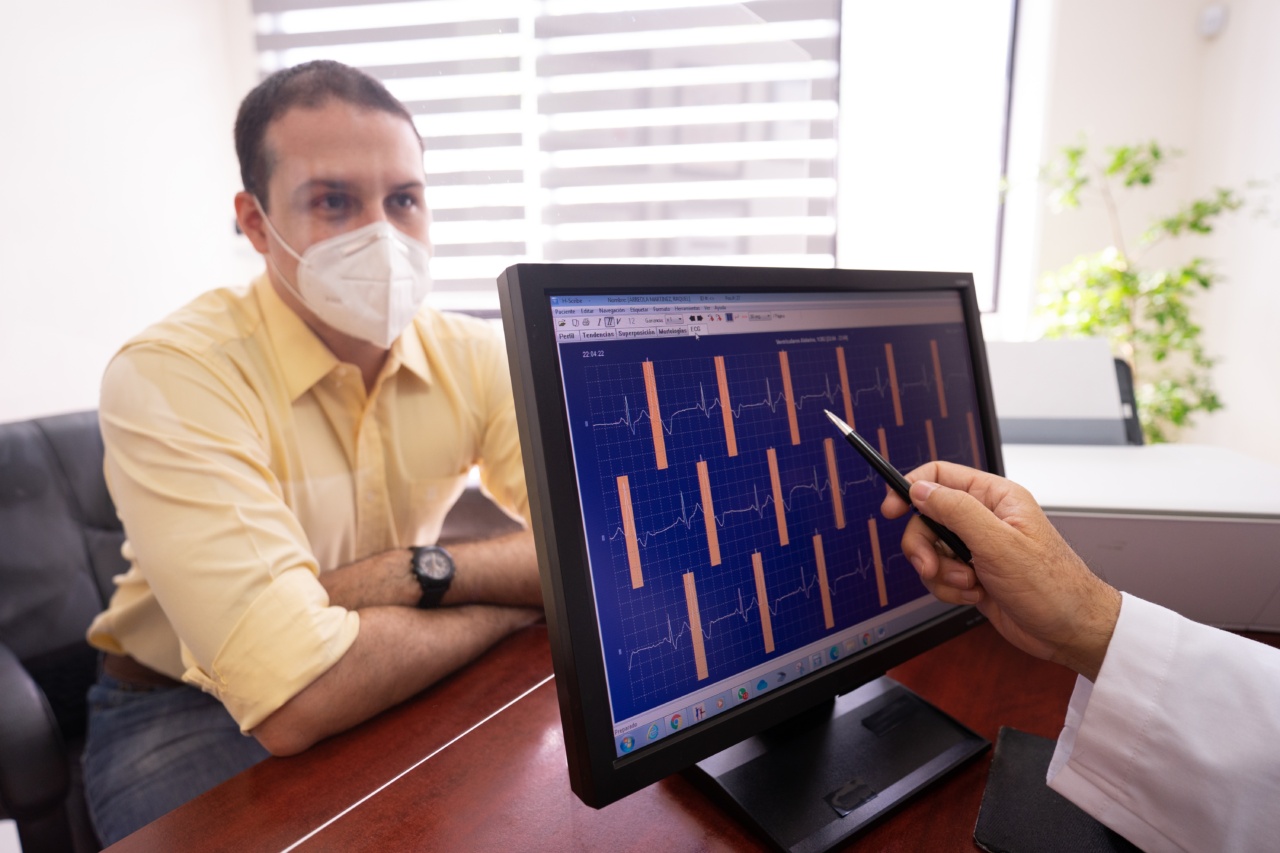Blood pressure is an important measurement that determines how well our heart is functioning and how effectively it is pumping blood in our body.
It is important to keep an eye on blood pressure as high blood pressure can lead to various health complications such as heart attack and stroke.
When measuring blood pressure, two values are recorded, systolic and diastolic.
Systolic blood pressure is the pressure exerted by the blood on the artery walls when the heart beats, while diastolic blood pressure is the pressure exerted by the blood on the artery walls when the heart rests in between beats.
What is considered normal blood pressure?
The American Heart Association provides the following guidelines for blood pressure:.
- Normal blood pressure: Systolic less than 120 mm Hg and diastolic less than 80 mm Hg.
- Elevated blood pressure: Systolic between 120-129 mm Hg and diastolic less than 80 mm Hg.
- Stage 1 hypertension: Systolic between 130-139 mm Hg or diastolic between 80-89 mm Hg.
- Stage 2 hypertension: Systolic 140 mm Hg or higher or diastolic 90 mm Hg or higher.
- Hypertensive crisis: Systolic higher than 180 mm Hg and/or diastolic higher than 120 mm Hg.
What are some factors that can affect blood pressure?
There are various factors that can affect blood pressure:.
- Age: Blood pressure tends to increase with age.
- Gender: Men tend to have higher blood pressure than women until the age of 55. Women tend to have higher blood pressure after menopause.
- Race: African Americans tend to have higher blood pressure than other races.
- Family history: If your parents or close relatives have high blood pressure, you are at a higher risk of developing it.
- Diet: Eating a diet high in salt and fats can increase blood pressure.
- Physical activity: Lack of physical activity can lead to high blood pressure.
- Smoking: Smoking can damage your blood vessels and lead to high blood pressure.
- Alcohol: Drinking too much alcohol can raise your blood pressure.
Why is it important to monitor blood pressure?
Monitoring blood pressure is important as high blood pressure can cause damage to your organs such as kidneys, heart, and brain. It can cause heart attacks, strokes, kidney disease, and even blindness.
High blood pressure is also known as the “silent killer” as it often doesn’t show any symptoms.
How can you monitor blood pressure?
There are various ways to monitor blood pressure. The most common way is to use a blood pressure monitor at home. There are two types of blood pressure monitors: manual monitors and digital monitors.
Manual monitors require a stethoscope and a manual pump, which you pump to inflate the cuff. Digital monitors are easier to use and require the cuff to be wrapped around your upper arm, and they automatically inflate and provide a reading.
You can also have your blood pressure measured by a healthcare professional at a doctor’s office or clinic.
This is the most accurate way to measure blood pressure as a healthcare professional can make sure the blood pressure monitor is calibrated correctly and provide advice on how to maintain a healthy blood pressure.
What can you do to lower your blood pressure?
There are various lifestyle changes that you can make to lower your blood pressure:.
- Eat a healthy diet: Eat foods that are rich in potassium, such as fruits and vegetables, and low in salt and fats.
- Exercise regularly: Aim for at least 150 minutes of moderate-intensity exercise per week.
- Lose weight: Losing even a small amount of weight can lower your blood pressure.
- Quit smoking: Smoking can raise your blood pressure, so quit smoking to lower it.
- Reduce alcohol consumption: Drinking too much alcohol can raise your blood pressure, so limit your alcohol consumption.
- Reduce stress: Stress can raise your blood pressure, so find ways to manage stress such as meditation or yoga.
Conclusion
Blood pressure is an important measurement that determines how well our heart is functioning and how effectively it is pumping blood in our body.
It is important to keep an eye on blood pressure and make lifestyle changes accordingly to maintain a healthy blood pressure. Monitoring blood pressure and making necessary lifestyle changes can prevent various health complications such as heart attack and stroke.






























